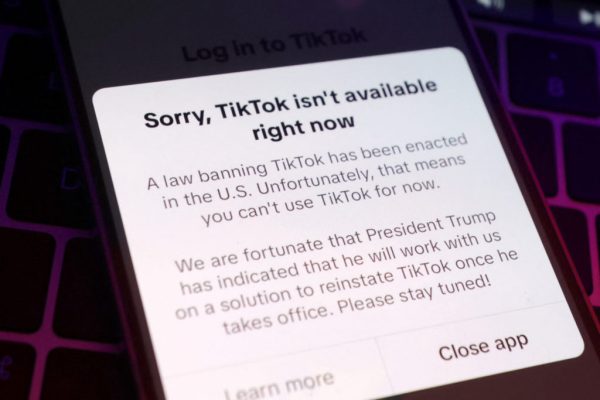To Mask or Not To Mask?
For the first time in nearly two years, students and staff are offered the opportunity to not wear a mask in school. They are still recommended, especially for unvaccinated individuals. However, for over a month, our school’s COVID case report indicates that the positive case number for staff and students combined has been less than ten, which is a strong indicator that the optional mask plan is a success.
As a fully vaccinated individual, I choose to not wear my mask in my classes. I put my mask on in the hallways, where social distance recommendations are generally ignored and there is a high volume of students in close proximity. At first, when the mask mandate was lifted, I continued to wear my mask purely because it felt uncomfortable being in public without it. I felt as if everyone could discern the individual imperfections of the lower half of my face, which is unsurprisingly a widespread concern for most insecure teenagers. Fellow student Marcel Duda, who does not wear a mask, believes: “For some people it actually caused insecurities. Now even though we don’t have to wear masks, they wear one because they are embarrassed by their face. Communication with each other, verbal and non-verbal communication, has also been impacted.” I strongly agree with this statement. Not only have I admittedly gained newfound insecurity regarding my appearance since wearing a mask, but when everyone was wearing one, it was incredibly difficult to pick up on social cues. Now that masks are optional, I can now see my friends’ smiles when I speak to them, my teachers can see when their students smile at their corny jokes, and I can tell by someone’s expression how they are feeling- something that could not typically be interpreted through only being able to see one’s eyes. I also enjoy that others can now pick up on my expressions, which dilutes my anxiety regarding whether or not I am good-looking without a mask.
While some students choose to not wear a mask, those that do are generally strongly opinionated that the school should still enforce a mask mandate. Kathryn Fragapane, a junior, states: “I still believe in wearing masks. One reason is that I have a younger brother who tends to get sick quite frequently. A good number of my family members are nurses and physicians as well. Many of them have stories about the life they lived when covid peaked. It would be tragic to return to that time. It is true that I am young and remarkably healthy, but it does not mean that everyone I come in contact with is like me.” Similarly, junior Eli Ruiz points out that “people should keep their masks with them. They can lower and raise it as they see fit, but people should raise it when they need to sneeze and cough to prevent the spread of germs.” I agree that it would undoubtedly be tragic to return to the time Covid peaked, but considering that the Omicron variant is nowhere near as deadly as previous variants and over 77% of the United States population has received at least one vaccine (as of March fourth, 2022), it is highly unlikely that there will be a major peak again. Ruiz also raises a very valid point that everyone should cover their nose and mouth when they sneeze or cough. I personally have seen many people pull down their masks specifically to sneeze or cough because they “don’t want the inside of their mask to be gross”… but that’s the entire point of masks- to keep your germs contained. See, I am no expert, but I think everyone with a brain can agree that pulling down a mask to cough is incredibly counterproductive.
Basically, what I’m saying is this- you have the right to make your own decision about wearing a mask. Even though lately there have been an alarming number of social media posts by students being made in an attempt to insult one side or the other, you still have the right to choose. The division between maskers and non-maskers continues to grow daily, and it is important during these times to be accepting of each other’s decisions.





